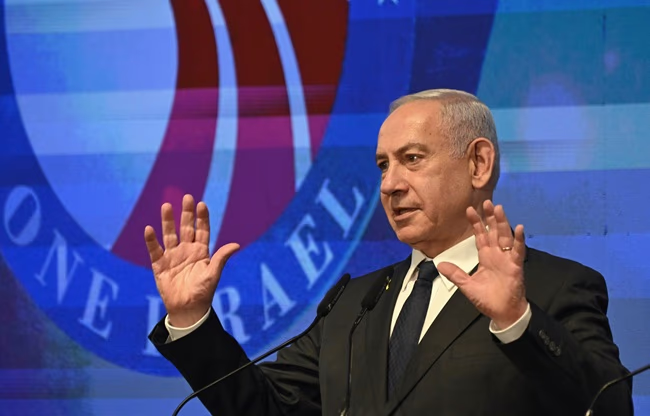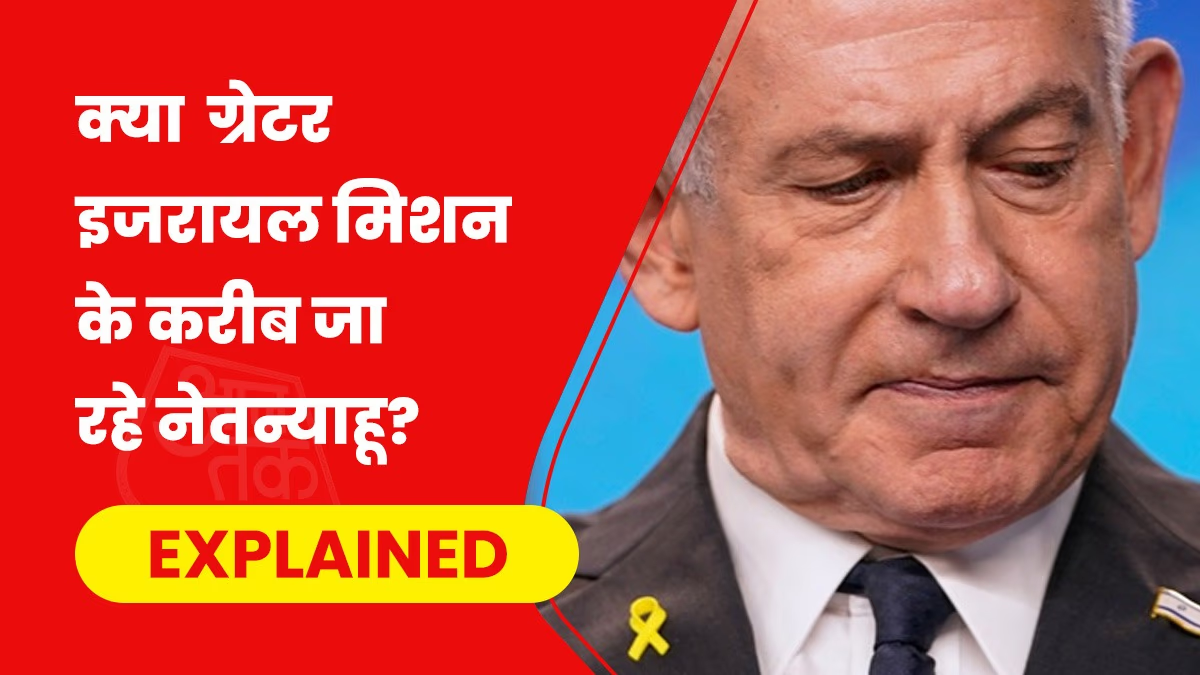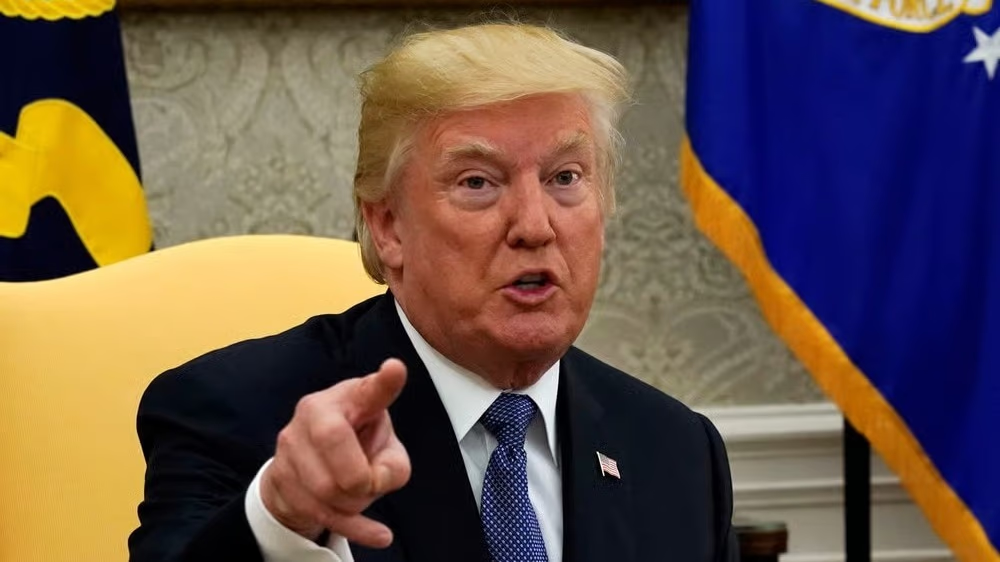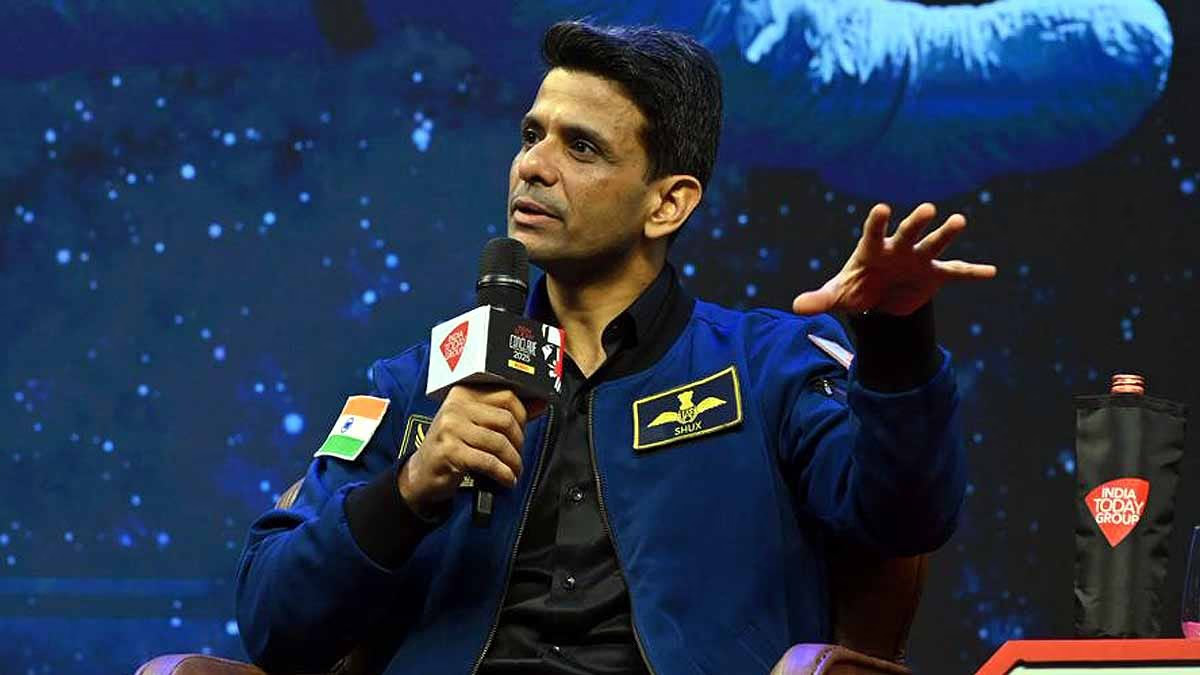While Palestine strives for nationhood, Israel seems to push boundaries. As the two-year mark of the Hamas-Israel conflict approaches, Tel Aviv keeps up its offensive, aiming to expel Hamas from Gaza. However, is the Israeli Prime Minister secretly pursuing the dream of a Greater Israel under the guise of combating terrorism?
In August, Israeli leader Netanyahu caused a stir, expressing his intent to fulfill his ancestors' dream of a Greater Israel.
Understanding the Greater Israel Concept
Historically viewed as the Promised Land, it includes current Israel and parts of the West Bank, Gaza, Syria, Lebanon, and Jordan. Conceived by Theodor Herzl, the father of modern Zionism, this idea stems from multiple historic and cultural references.
Israel declared independence in 1948, yet border controversies persist. Post the Arab-Israeli war, Israel significantly expanded its borders, emerging victorious over neighboring territories such as the Golan Heights from Syria. This surge renewed the historical yearning for Greater Israel.

Source: aajtak
Is Israel Heading Towards Greater Expansion?
Israel's current government widely supports this ideology. A recent photograph revealed an Israeli soldier displaying a map of Greater Israel on his uniform, suggesting a widespread commitment beyond government circles.
Israeli settlements have developed in regions considered Palestinian, like the West Bank and the Golan Heights. More than 140 official colonies exist in the West Bank alone, along with hundreds of unofficial ones. Eastern Jerusalem, regarded by Israel as its capital, continuously sees a growing Jewish presence. Meanwhile, only Gaza Strip has been cleared of Israeli settlements.
A report from The Conversation highlights that over 700,000 Jews reside in these disputed areas, secured by the Israeli military.

Source: aajtak
Additionally, Israel recently extended military operations beyond Gaza and the West Bank, enhancing influence in Lebanon and Syria. In efforts to weaken Hezbollah, Israel increased its military presence in Southern Lebanon. Similarly, in Syria, Israel targets Iranian-supported positions. Netanyahu has indicated no intention of retracting from these areas in the near future.
Arab Nations' Perspectives
Consistently questioning Israel's intentions, these nations refuse to relinquish claims. However, Israel's strong ties with the United States work to its advantage. Despite discussions to form a NATO-like military power post attacks on Doha, the Arab League’s initial unity subsided.
The challenge lies within Islamic nations' varying interests, shifting alliances complicating trust among themselves. Creating a joint military force requires sharing intelligence, which proves difficult.




